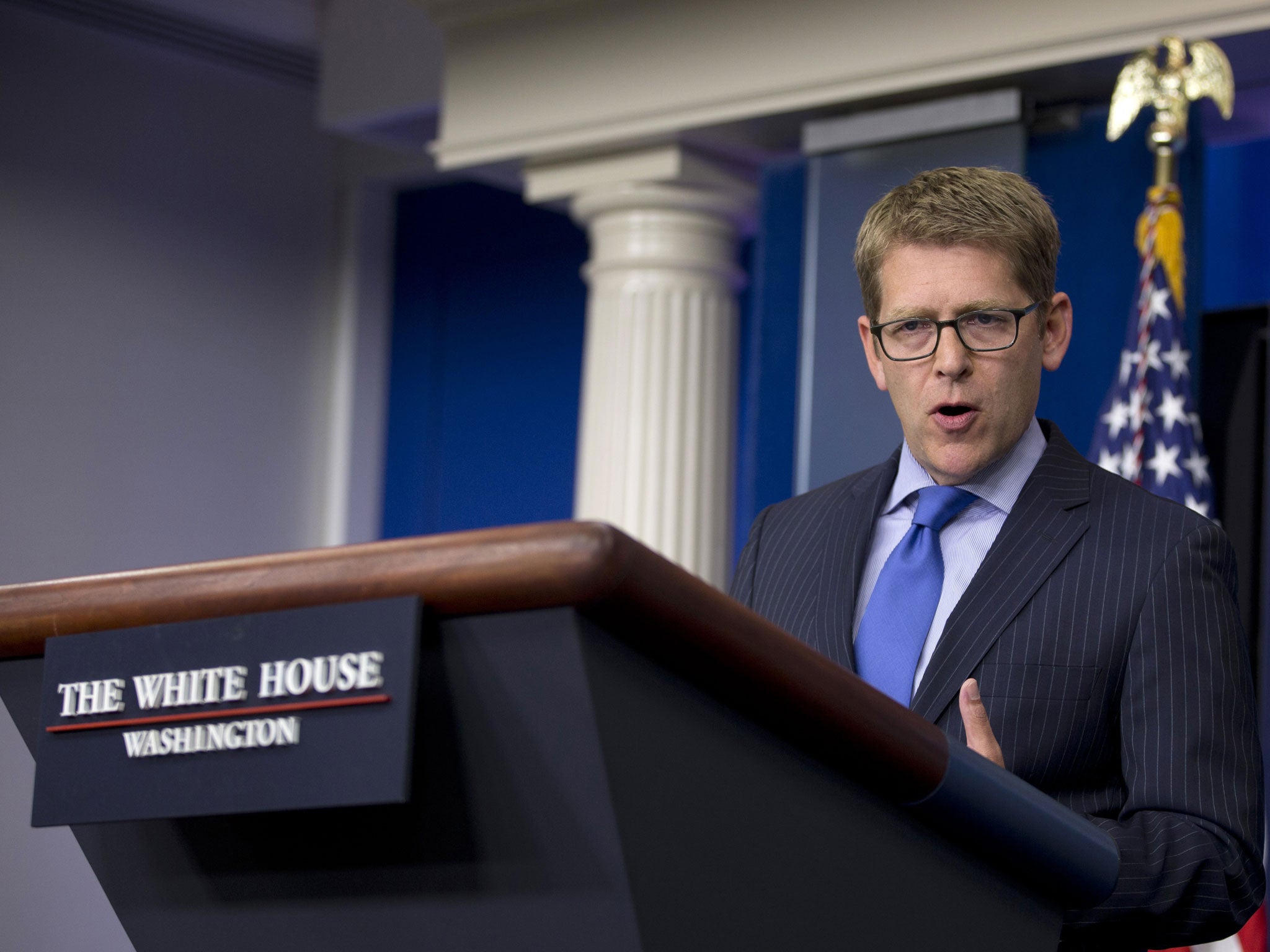US is ‘concerned’ over Egypt crisis – but not enough to cut aid

Your support helps us to tell the story
From reproductive rights to climate change to Big Tech, The Independent is on the ground when the story is developing. Whether it's investigating the financials of Elon Musk's pro-Trump PAC or producing our latest documentary, 'The A Word', which shines a light on the American women fighting for reproductive rights, we know how important it is to parse out the facts from the messaging.
At such a critical moment in US history, we need reporters on the ground. Your donation allows us to keep sending journalists to speak to both sides of the story.
The Independent is trusted by Americans across the entire political spectrum. And unlike many other quality news outlets, we choose not to lock Americans out of our reporting and analysis with paywalls. We believe quality journalism should be available to everyone, paid for by those who can afford it.
Your support makes all the difference.As the world pleaded for an end to the deadly violence in Egypt, Washington expressed its “deep concern” over events but declared that immediately to cut aid – worth some $1.5bn a year – to the Egyptian regime was “not in the best interests of the US”.
In a statement that captured the ambivalence and uncertainty of the Obama administration, Jay Carney, the White House spokesman, said Washington would take “the time needed” to decide whether the military overthrow of the democratically elected Mohamed Morsi last week qualified as a coup. Such a determination would automatically halt the aid, $1.3bn of which flows to Egypt’s armed forces. Instead, Mr Carney urged the transitional government to avoid reprisals, arrests and restrictions on the media. The State Department meanwhile called on Egypt’s military authorities to use “maximum restraint” in dealing with protesters, at least 50 of whom died in a confrontation outside a Cairo barracks yesterday.
The cautious reaction of the US, the one Western country seen to have leverage with the Egyptian military, was broadly followed by its Western allies yesterday. The word “coup” was generally conspicuous by its absence as Britain urged “calm and restraint” as well as an investigation by the Egyptian authorities into the circumstances of the killings, and steps towards free and fair elections. Similarly, Germany expressed “dismay” over what had happened, and demanded “speedy clarification” by an independent body of what had happened.
Governments across the Middle East were more forthright in their response, notably Turkey – an ally of the deposed Egyptian leader – which condemned the killings “in the name of basic human values”. A political “normalisation process” respecting the will of the Egyptian people must begin, Ahmet Davutoglu, the Turkish Foreign Minister, declared.
The reaction of the militant Palestinian group Hamas was more nuanced, however. Hamas, which perforce works with Egyptian security forces patrolling the border with Gaza, expressed “extreme pain and grief” over the killings, but did not specifically take sides in the growing crisis.
For all Mr Obama’s hesitancy, he may come under strong pressure at home to do more – as he has over his refusal to intervene forcefully in the Syrian war. “We have to suspend aid to the Egyptian military because the military has overturned the vote of the people,” the leading Republican senator John McCain declared. “We cannot repeat the mistakes we made at other times, by supporting the removal of freely elected governments.”
Join our commenting forum
Join thought-provoking conversations, follow other Independent readers and see their replies
Comments